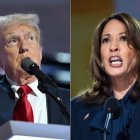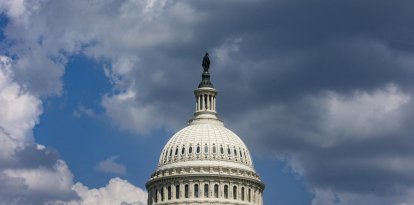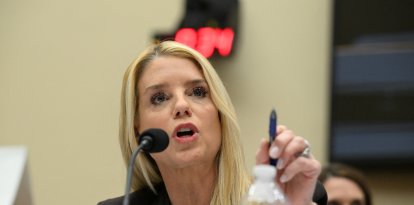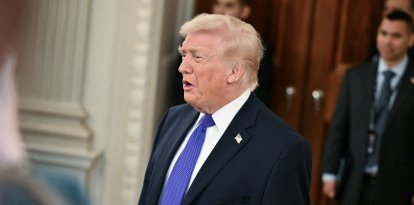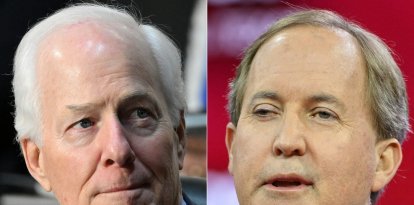Kamala Harris makes slight modification to her tax policy to distance herself from Biden's plan
The vice president said she will propose raising the tax rate for those making $1 million or more to 28%, a far cry from the 39.6% proposed by the Democratic president in his fiscal 2025 budget.
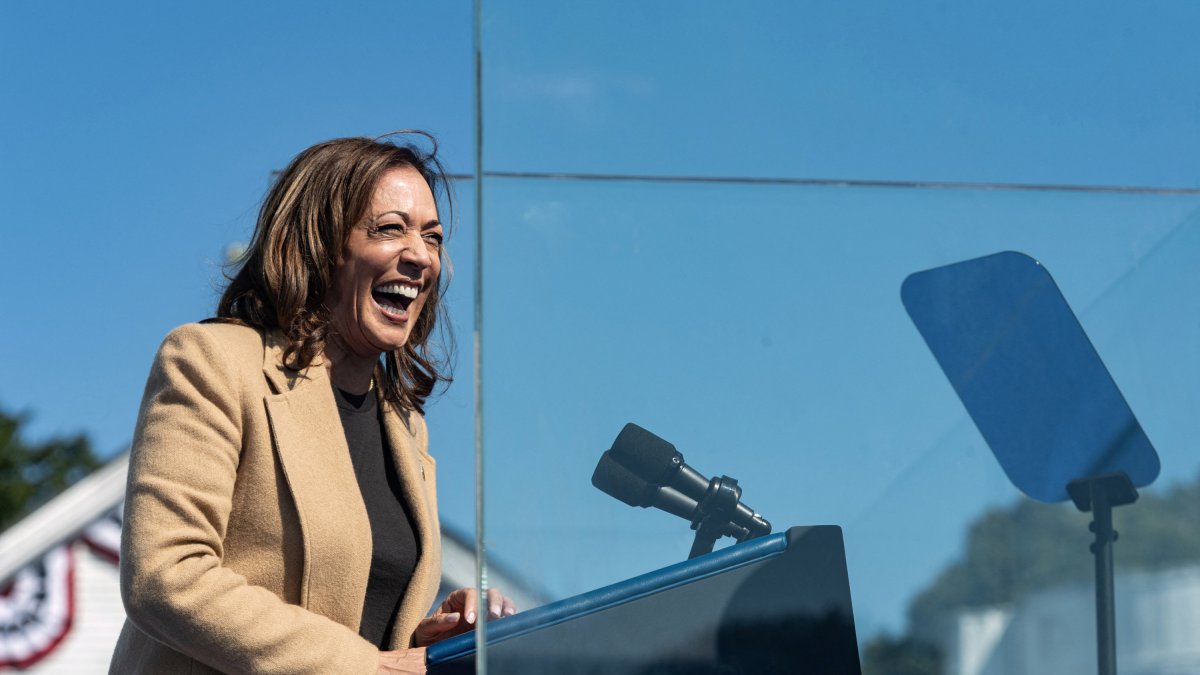
Kamala Harris makes a stop in New Hampshire
Democratic candidate Kamala Harris slightly disassociated herself from President Joe Biden's tax proposal during a stop in New Hampshire this Wednesday.
After being criticized for proposing price controls and radically raising taxes on higher earners, Harris said she will seek to raise the capital gains tax rate for those earning $1 million or more to 28%, a far cry from the 39.6% proposed by President Biden in his fiscal 2025 budget.
"We will tax capital gains at a rate that rewards investment in America’s innovators, founders and small businesses," Harris said in a speech at a New Hampshire brewery.
According to The Wall Street Journal, the total top rate proposed by Harris would be 33%, which would include a new 28% capital gains rate cited by the vice president and Biden's proposal to increase a tax on investment income from 3.8% to 5%.
According to the WSJ, Biden's tax proposal, in contrast, wanted to nearly double the current top rate from 23.8% to 44.6%.

Elections 2024
Trump claims a Kamala Harris presidency would cause a great depression 'like 1929'
Emmanuel Alejandro Rondón
Although Harris' plan is not as radical as Biden's, even at 33% the top rate on capital gains would be the highest since 1978. "A rate that high could damp investment and reduce risk-taking," warned the WSJ.
Subsequently, Harris said that, to strengthen the private sector and boost the economy, she would significantly expand tax breaks for small businesses so they could deduct their taxes with essential expenses.
The Democratic candidate, who described small business owners as "an essential foundation to our entire economy," explained that she wants to expand tax breaks for start-up expenses from $5,000 to $50,000, with the long-term goal of generating 25 million new small business applications in four years.
The speech was part of a noted effort by Harris to strengthen her economic agenda ahead of the upcoming debate with former President Trump in a week and the November election.
"You’re not only leaders in business. You’re civic leaders," Harris said. "You are part of the glue and the fabric that holds communities together."
Under current law, small business owners can deduct up to $5,000 in start-up expenses, namely market research, advertising and salaries for trainee workers.
However, the Trump campaign dismissed Harris' small business plan.
The Republican candidate's team accused the Democratic candidate of wanting to eliminate the package of tax cuts passed during the Trump administration that will expire next year. In particular, the Trump campaign claimed those cuts "allowed business owners to deduct up to 20% of qualified business income," reduced taxes on new equipment purchases and, in addition, took decisive steps to strengthen small business owners by narrowing the gap with the larger corporations.





